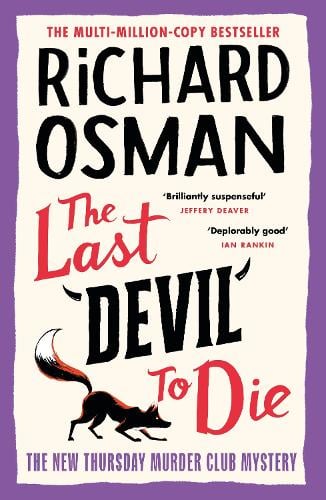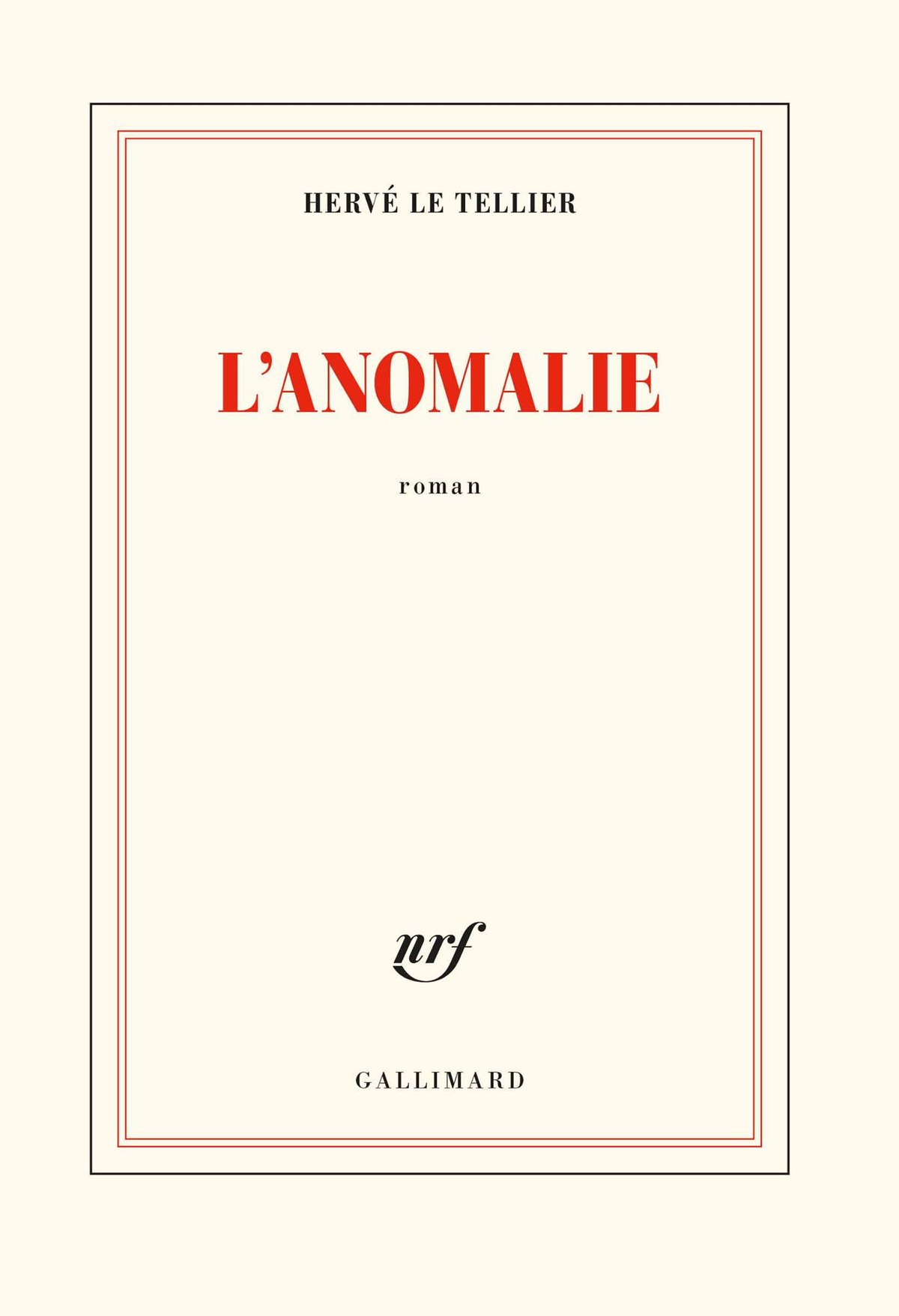Azure
G.O.A.T.
Thank you!Well, I just finished the first two "short espionage novels" from
the book I picked up at a thrift shop.
The first was The Adventure of the Bruce-Partington Plans, by Arthur
Conan Doyle.
A while back I read another book, Science: Good, Bad, Bogus, by Martin Gardner
where, writing as a skeptic, he doubts that Doyle wrote the Sherlock Holmes
stories because he was gullible, unscientific, illogical and easily taken in by
psychics, seances and fairies.
There is another book by John Allen, whoever that is, that postulates that
all the stories previous to The Final Problem, where Holmes and Moriarty
die in the Reichenbach Falls, were written by one person (possibly Doyle's wife)
and the later, inferior stories when Holmes is resurrected, by someone else.
The Adventure of the Bruce-Partington Plans falls into the category of
later, inferior stories. Mycroft Holmes visits his younger brother soliciting his
help in retrieving the plans for a submarine. The plans, themselves are
unbelievable- only ten pages of a size that fit into a coat pocket- when
even a simple building requires dozens of pages of blueprint size.
We are told that this is the only set of plans- also unbelievable- many
sets of plans are require for the construction of such complex technology.
Mycroft, who we have been told is as logical as Sherlock, says, "Surely
you have heard of it (the submarine)... It has been the most jealousy guarded of all
government secrets"- two statements that, together, make no sense- and
I don't think they were made ironically.
Sherlock, having no leads, asks Mycroft for a list of known spies, only
one seems a likely prospect. Mycroft is possibly smarter than Sherlock-
why didn't he think of that, and why are known spies running around free
to steal submarine plans?
The parts of the story that are not illogical and contrived are simplistic and
a bit repetitive and not very entertaining.
In the past I have enjoyed the Sherlock Holmes stories, but this one, from
the later "resurrection period" is below average and not recommended.
The Traitor, by Somerset Maugham, is a much better story. Maugham was
a member of British Intelligence during WWI, and his character, Ashenden,
a secret agent, seems realistic and believable. Everything in this story is
very low key and subtle. The "traps" are psychological. We get to understand
the spies, and feel a bit sorry for them in the end.
In one passage the author describes how Ashenden was always simultaneously
aware of a person's merits and their faults... and since he even judged his friends with
candor they never disappointed his and so he seldom lost one.
He was a spy, dealing with spies, who were, all-in-all, very much like himself.
I recommend this one.
I really like the original Sherlock Holmes. While the short stories in volume 2 are not as good as Volume 1, one the best novels The Hound of the Baskervilles is in the second volume. Interestingly I am re-watching Jeremy Brett’s episodes these days. While great, the thrill of reading the books is just higher.
I think I have said here many times that Maugham is one of my favorite writers. His range in terms of genres is just astounding. I am not surprised that he has done just as well in the spyverse too.








